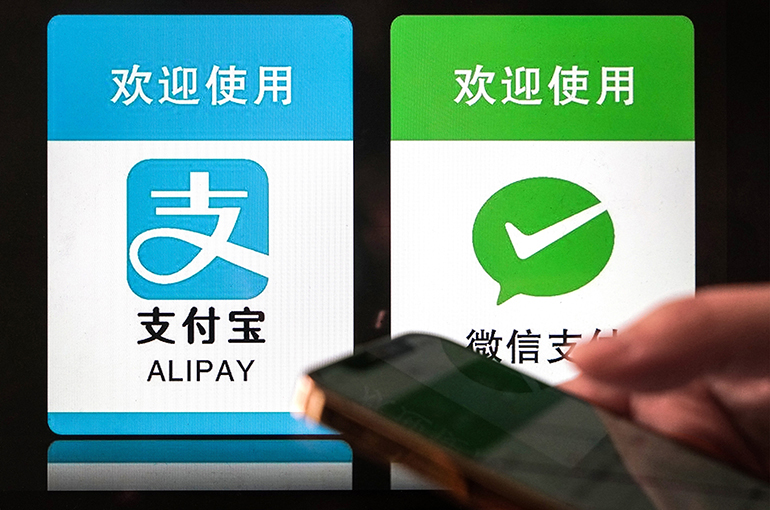 China Rolls Out New Rules to Unify USD56.5 Trillion Non-Bank Payment Sector
China Rolls Out New Rules to Unify USD56.5 Trillion Non-Bank Payment Sector(Yicai) Dec. 18 -- China has introduced new regulations to better monitor and supervise non-bank payment institutions, which are entities such as fintech giant Alipay and instant messenger WeChat that provide bank-like services but do not hold a banking license, to create an equal playing field in this burgeoning CNY400 trillion (USD56.5 trillion) industry.
The payment sector is now classified into two categories, namely stored value account operations and payment transaction processing, as opposed to the previous three segments of online payments, bank cards and prepaid cards, according to a 60-point document released yesterday. The new rules will take effect on May 1 next year.
New payment methods such as barcode payments and face-scanning payments have been included to prevent regulatory gaps, the People’s Bank of China said. Business requirements as well as capital and other conditions have been unified to form a fair institutional environment. Chinese and foreign payment platforms will be treated equally to prevent monopolies or unfair competition.
The new regulations are conducive to the standardized development of the payment industry, said several non-bank payment institutions, including Alipay, WeChat’s payment platform Tenpay, Douyin’s payment unit Hezhong Yibao Technology, Meituan’s Beijing Qiandaibao Payment Technology, PayPal’s Chinese arm and China UnionPay.
There were 185 such entities in China as of the end of September and they processed more than 1 trillion transactions last year amounting to almost CNY400 trillion (USD56.5 trillion), according to PBOC data.
Users’ rights and interests are better protected and penalties for any violations have been hiked. For instance, non-bank payment platforms must fully inform users of all fees and service charges. Those who fail to follow the rules can receive fines or other curbs, have their business suspended or their business license revoked.
Editor: Kim Taylor